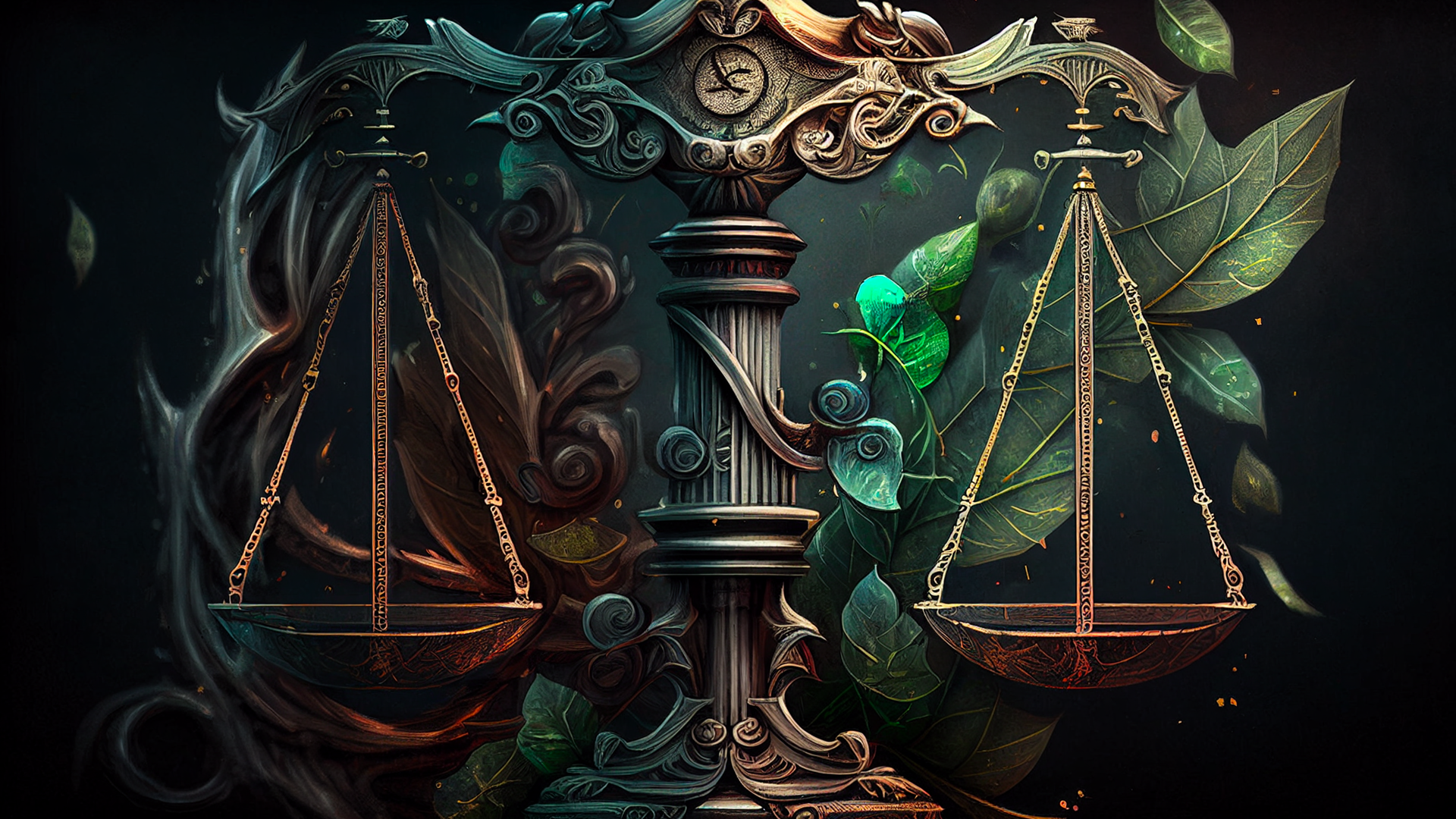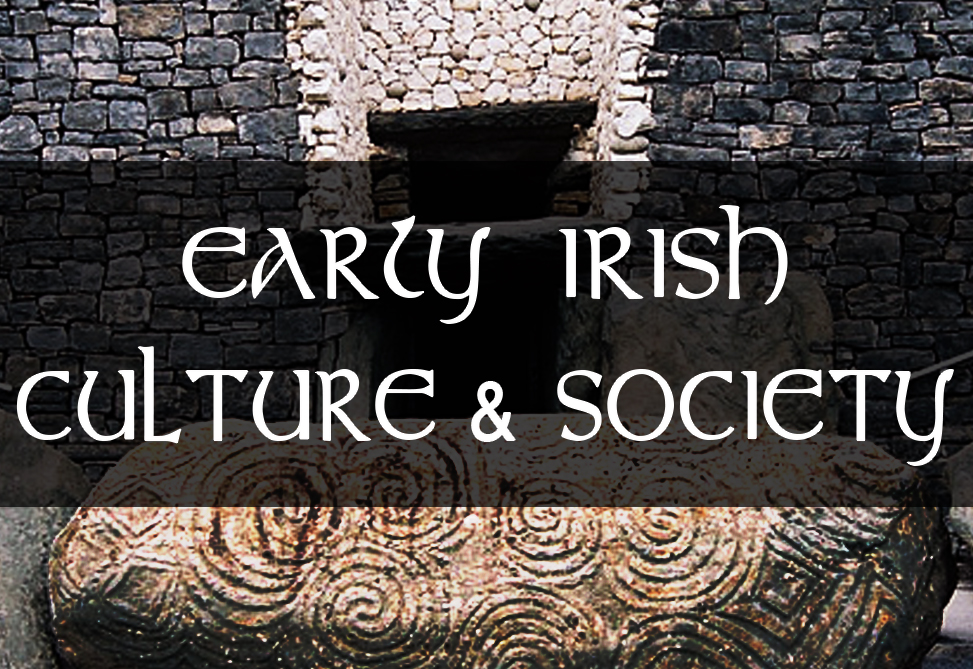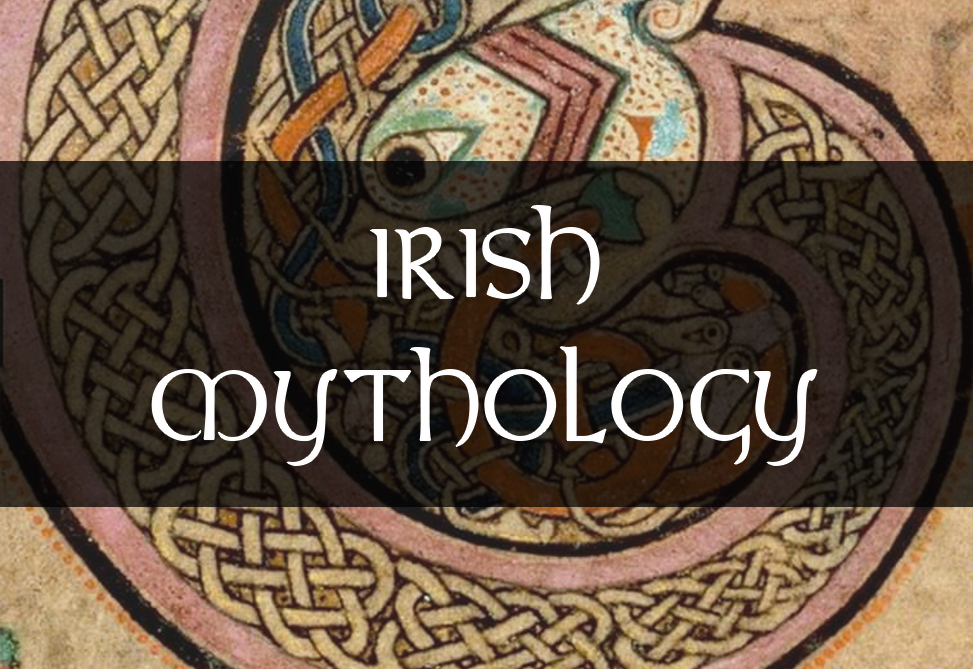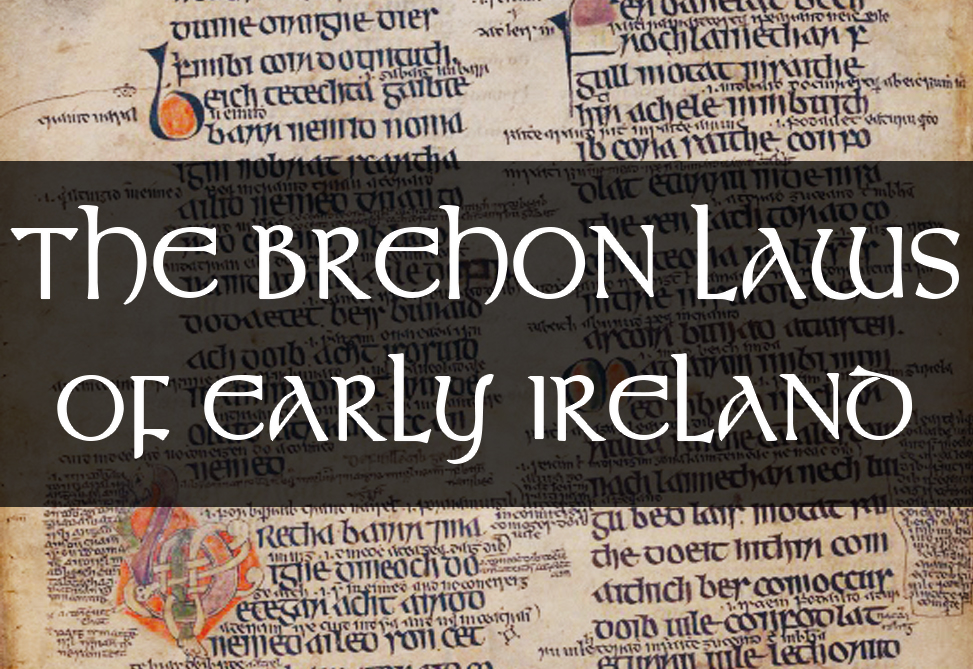In an era of overcrowded prisons and soaring recidivism rates, the efficacy of the current penal system has come under scrutiny. As a morally, socially, and economically questionable approach to crime, imprisonment often falls short of achieving its intended goals. This article explores the potential of incorporating elements from the ancient Brehon laws into modern criminal justice to promote restorative justice, penal reform, and prison reform.
The Case Against Imprisonment
Kwame Anthony Appiah, a distinguished professor of philosophy at Princeton University, argues that the current imprisonment system is morally reprehensible. With its high costs and disproportionate impact on marginalized populations, one must question whether the existing penal policy truly meets moral, utilitarian, or economic standards. The prevailing rationales for imprisonment – retribution, incapacitation, rehabilitation, and denunciation – have not translated into effective practice, as evidenced by high recidivism rates and the continued incarceration of nonviolent offenders.
The Brehon Laws: An Alternative Approach
The Brehon laws, which governed ancient Ireland, offer a unique perspective on criminal justice. These laws focused on restitution, treating offenses as civil rather than criminal matters, and required an actual victim. By reintroducing aspects of the Brehon laws into modern penal policy, we may address some of the shortcomings of the current system, such as:
Redefining crime: Shifting the focus to violent crimes and deprioritizing minor offenses like traffic violations and littering.
Restorative justice: Emphasizing restitution and the neighbor principle to foster empathy and responsibility for one’s actions.
Family unit as a legal entity: Encouraging responsible behavior by acknowledging the impact of one’s actions on their entire family.
Hierarchical system: Recognizing social status and using honor points to account for differences in compensation, promoting fairness.
The ancient Brehon laws of Ireland offer valuable insights that can be adapted to address some of the pressing issues in today’s criminal justice system. While certain aspects of the Brehon laws may not be directly applicable in a modern context, their underlying principles and values can be adapted to create a more effective, equitable, and compassionate approach to crime and punishment.
Restorative Justice and Community Involvement
One of the key tenets of the Brehon laws was the emphasis on restitution and restoring balance to the affected parties. By applying this principle to modern criminal justice, we can prioritize rehabilitation and community involvement over punitive measures. This approach could involve restorative justice programs, which bring together offenders, victims, and community members to collectively address the harm caused and develop a plan for repair.
Proportionate and Fair Sentencing
The Brehon laws recognized the importance of proportionate responses to offenses, considering both the nature of the crime and the social status of the individuals involved. In today’s context, this could translate into a more nuanced and equitable approach to sentencing, taking into account factors such as the severity of the offense, the offender’s circumstances, and potential for rehabilitation. This principle could help address the disparities in sentencing and reduce the overreliance on incarceration for nonviolent offenses.
Focus on Economic Compensation
The Brehon laws valued crimes in terms of monetary compensation, emphasizing the importance of economically just remedies. Modern criminal justice could benefit from a similar focus on economic reparation, requiring offenders to compensate victims for their losses directly, rather than simply serving time in prison. This approach would not only provide tangible relief to victims but also encourage offenders to assume responsibility for the consequences of their actions.
Strengthening the Role of the Family and Community
In the Brehon legal system, the family unit played a significant role as a legal entity, highlighting the interdependence of individual actions and collective well-being. By incorporating this principle, we can emphasize the role of family and community support in preventing crime and reintegrating offenders back into society. Initiatives such as community-based rehabilitation programs, family therapy, and peer mentorship can help foster a sense of belonging and accountability, reducing the likelihood of reoffending.
Cultural Revival: Embracing Ireland’s Native Law
Rather than regressing to an antiquated legal system, the goal is to adapt and combine the best elements of common law and Brehon law to create a more effective and compassionate approach to criminal justice. The similarities between Brehon law and other systems like Hindu law, Sharia law, and Native American law suggest a natural human organization in the absence of colonialism and centralization. By acknowledging the primary, first, and foremost role of these systems, we can redirect our path toward a more just and inclusive approach to crime and punishment.
While the Brehon laws may not provide ready-made solutions for contemporary criminal justice issues, their underlying principles can serve as a source of inspiration for reform. By emphasizing restorative justice, fair sentencing, economic compensation, and the role of family, wider social group, and community, we can create a more humane and effective approach to crime and punishment that better serves the needs of both victims and offenders.
To promote the study and implementation of Brehon-inspired principles, establishing think tanks or associations that involve academics, legal professionals, and the general public is crucial. By reinvigorating interest in this part of Irish culture and identity, we can foster a greater appreciation for alternative approaches to criminal justice, ultimately contributing to a more effective, equitable, and humane penal system for all.






